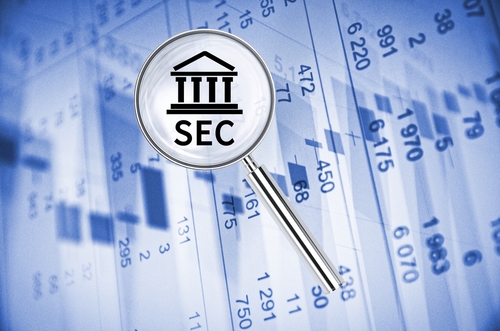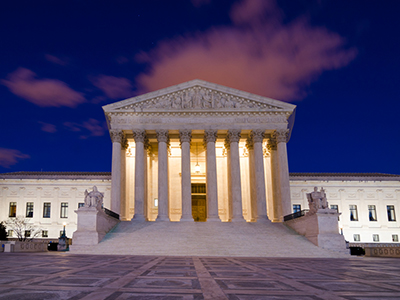On September 14, 2017, the SEC’s Office of Compliance Inspections and Examinations (“OCIE”) issued a Risk Alert in which it highlighted a number of compliance issues it had identified relating to the so-called Advertising Rule (Rule 206(4)-1 of the Investment Advisers Act of 1940 (“Advisers Act”)).
The Advertising Rule imposes four specific provisions that prohibit investment advisers from making certain references, representations, and statements in advertisements that are deemed to be fraudulent, deceptive, or manipulative (Advisers Act Rule 206(4)-1(a)(1)-(a)(4)). It further prohibits advertisements that contain untrue statements of material fact, or are otherwise false or misleading (Advisers Act Rule 206(4)-1(a)(5)).
Specifically, the Advertising Rule prohibits advertising that refers to any testimonial regarding an adviser’s advice, analysis, report, or service; advertising that refers to past recommendations that were or would have been profitable to any person, with limited exceptions; advertising, representing, through graphs, charts, formulas, or other devices, that a decision to buy or sell a security can be made on the sole basis of that representation; and advertising containing any statements that any report, analysis, or service will be provided free of charge, unless it will be furnished free and without any obligation. The Advertising Rule also expressly prohibits an adviser, directly or indirectly, from publishing, circulating, or distributing any advertisement that contains any untrue statement of a material fact, or which is otherwise false or misleading. READ MORE










